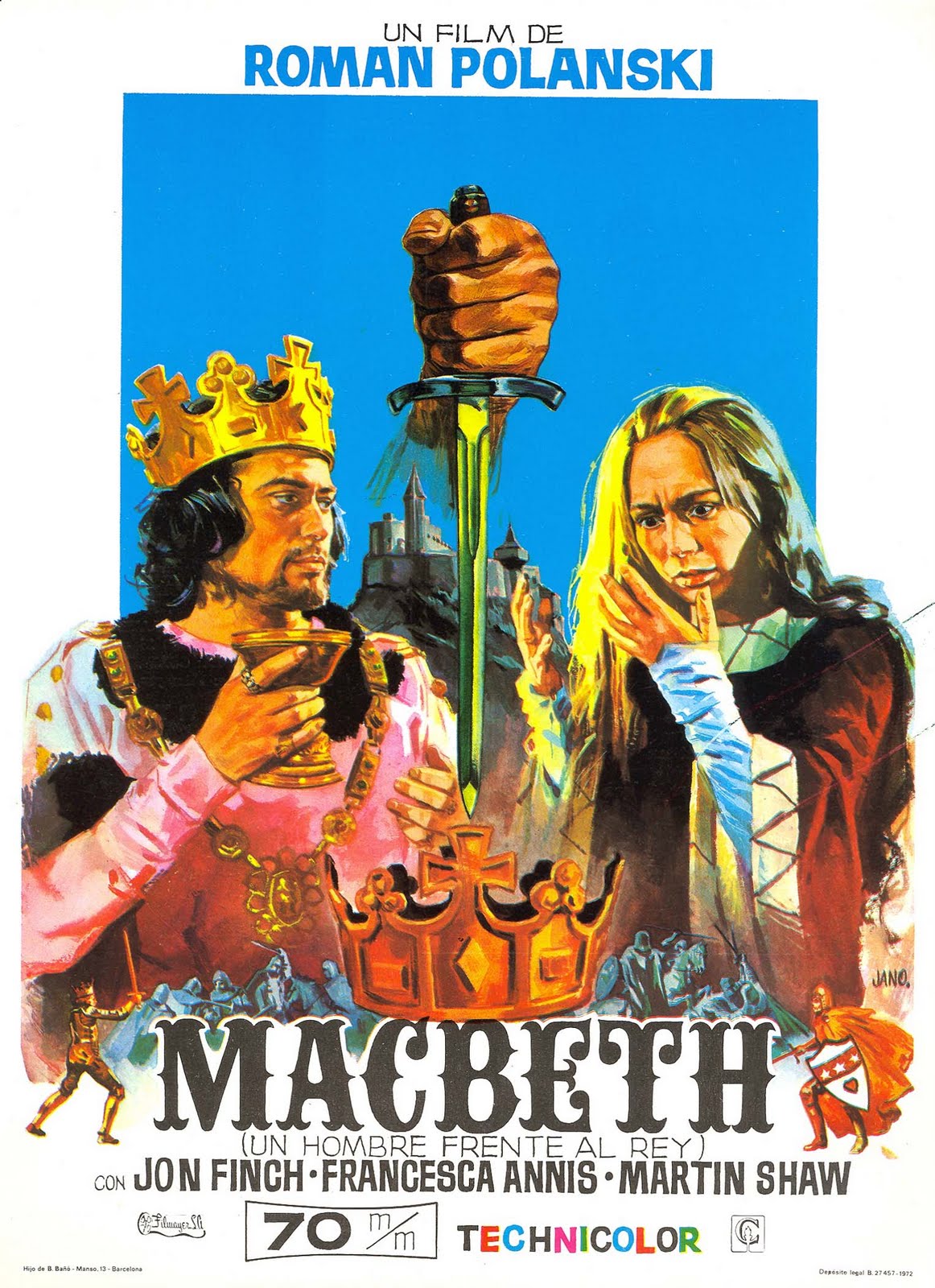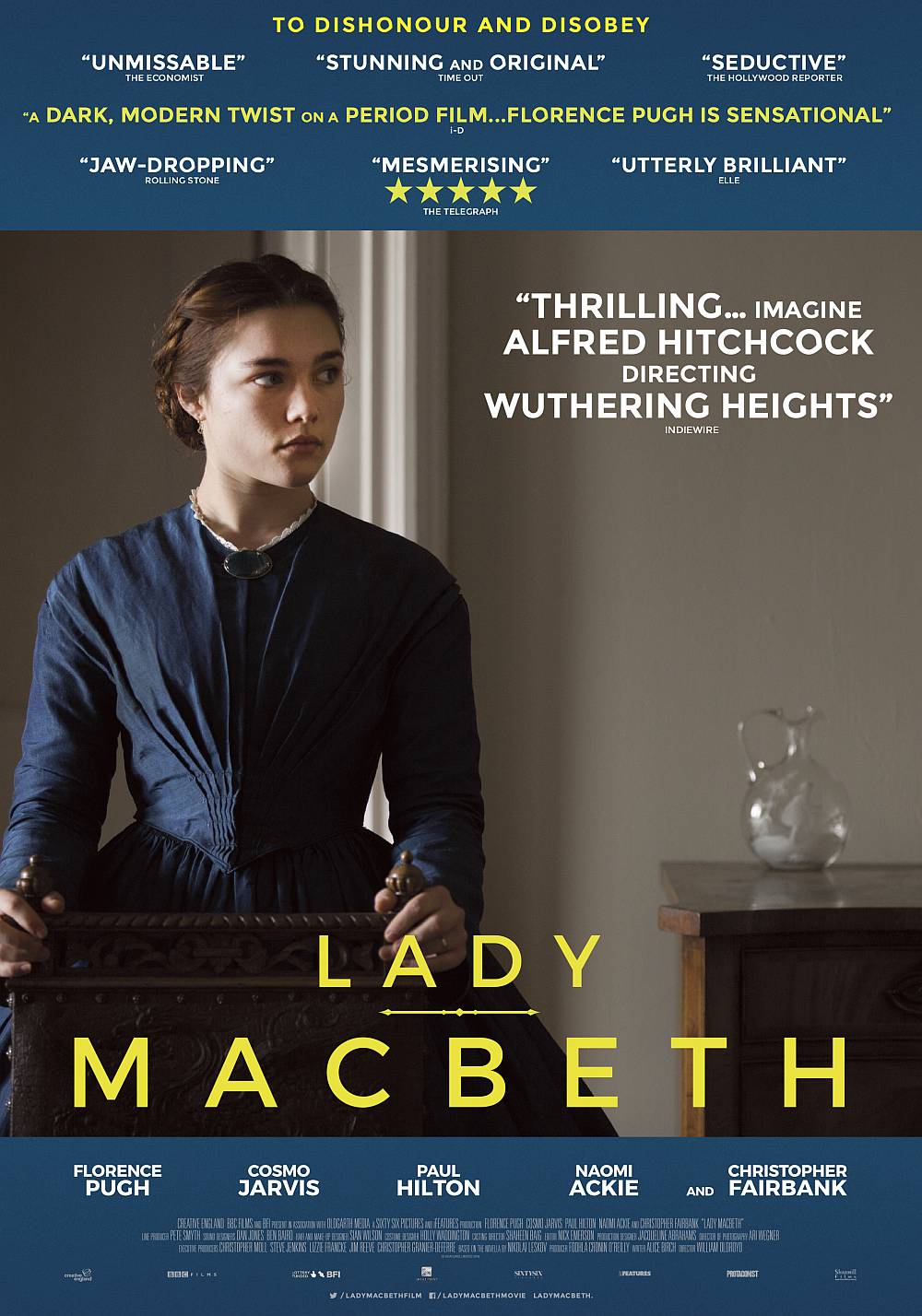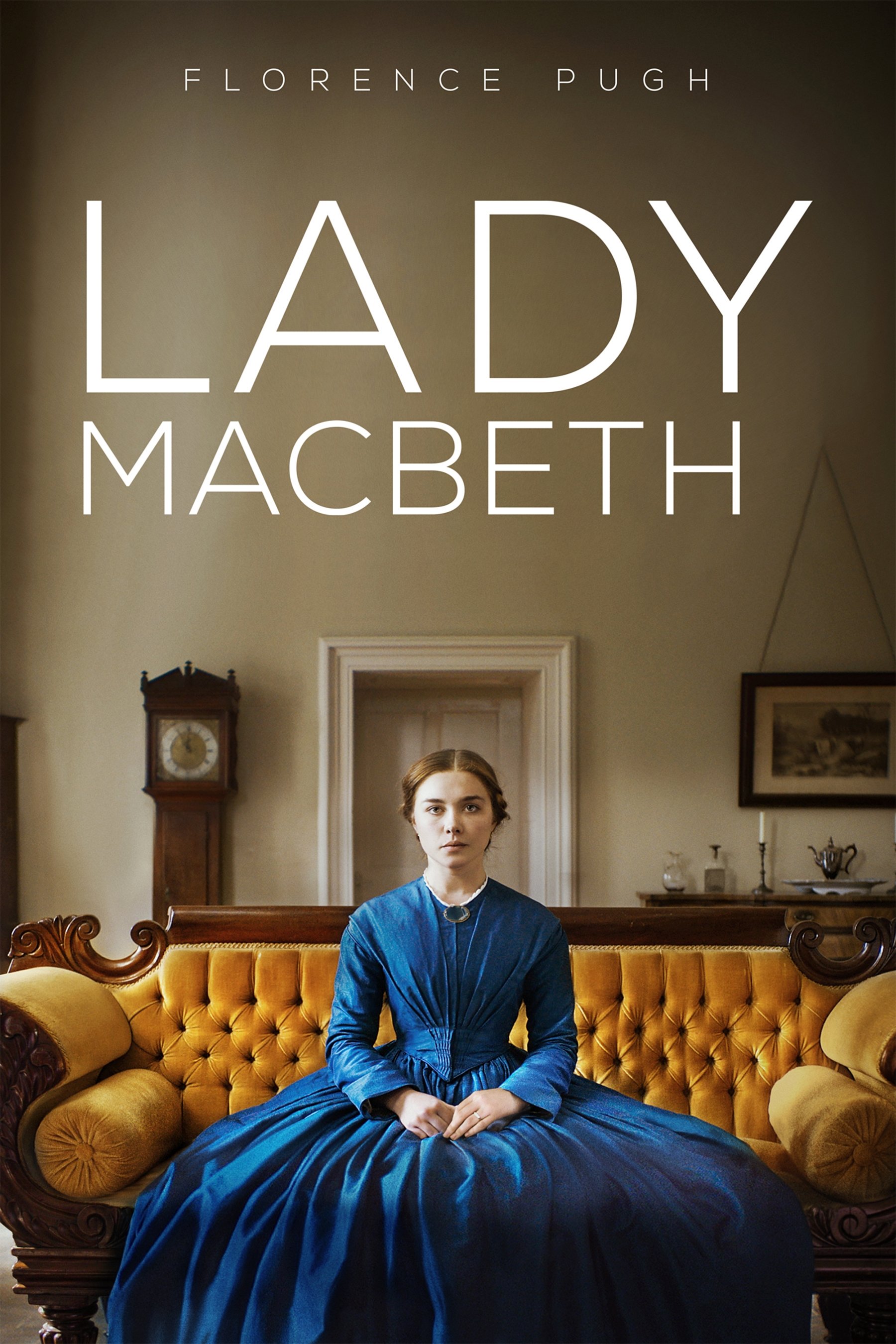
Like Orson Welles’s 1948 adaptation of Macbeth – which, like this, was shot entirely in a Los Angeles studio – Coen’s film is all the more unsettling for its obvious artifice there is nothing to muddy the horror and nowhere for his cast to hide.
.jpg)
“The earth hath bubbles, as the water has / And these are of them,” Banquo warily observes – and Carvel all but murmurs the lines, charging them with fright. Macbeth will become Thane of Cawdor, then King of Scotland outright – though it will be Banquo, not he, who sires the royal line. When Washington’s Macbeth and Bertie Carvel’s Banquo come across this creature on the heath, her reflection in a pond divides, and the three-pronged prophecy is made.

This is, of course, the famous first beat of the witches’ opening croak – “When shall we three meet again?” – and the whole trio are terrifyingly embodied by the stage actress Kathryn Hunter, who twists and snaps her limbs like Gollum on Pilates, and plays the parts variously as one being with three personalities, three beings with a shared body, or a communal hallucination. It begins with a single word hewn in white on a black screen: WHEN. Hours dreadful and things strange? Roll up, roll up. Shadows cast by bony boughs menacingly finger the walls lancet windows yawn like open coffins. The film is as cold and weird and lucid as a waking dream, shot in a pristine, magnesium-bright monochrome, and situated on stark, angular sets that melt into abstraction as they approach the edges of the near-square screen. Fate’s sadistic sense of humour, self-enriching schemes gone nastily wrong, the mechanisms of crime and come-uppance: it’s as if Coen is pinpointing Macbeth (Denzel Washington) as the original film noir fall guy, and his spouse (Frances McDormand) the prototypical femme fatale. This is the first film the older Coen brother has made without his younger sibling Ethan, though many of the pair's joint obsessions – as seen in Inside Llewyn Davis, No Country for Old Men, A Serious Man and many others – are present here in murky abundance.

Coen’s take on Shakespeare’s Scottish tragedy has simmered its source text long and low, leeching every last drop of flavour from the carcass. It’s a noise that recurs throughout Joel Coen’s astonishing new screen version of Macbeth – and if you had to boil the film down to a single sensory experience, that chillingly insistent sound would surely be it.īut really, no further reduction is required. The knocking at the castle door is like a bailiff’s battering ram: a nagging, nether-worldly thud that speaks of a dire moral debt.


 0 kommentar(er)
0 kommentar(er)
